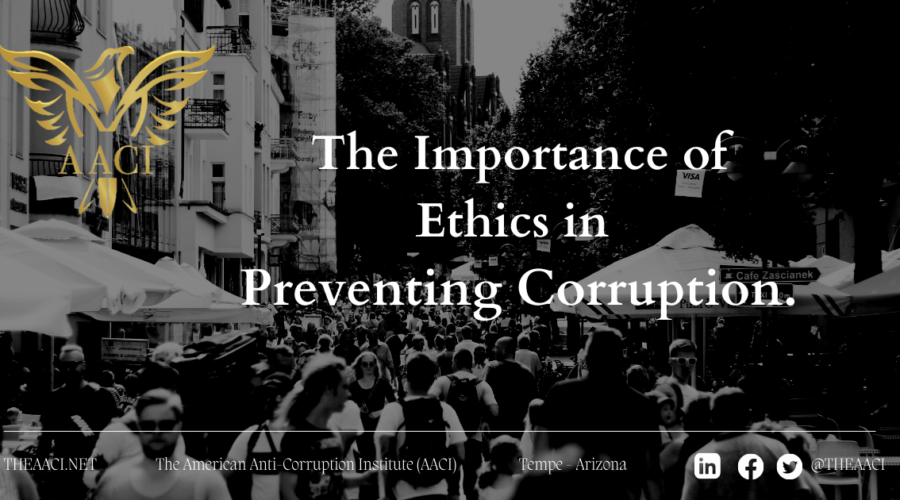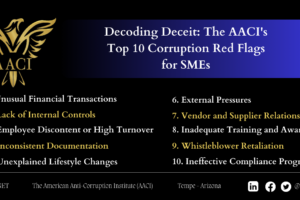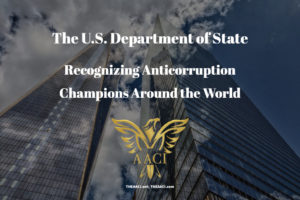April 11, 2023
Corruption is a pervasive issue worldwide and can take on many forms. Its detrimental effects weaken democratic institutions and hinder economic growth and sustainability. Thus, establishing an ethical framework to prevent corruption is imperative. This post discusses how ethics plays a crucial role in curbing corruption.
Primarily, ethics serves as a moral compass for individuals and groups, guiding them in distinguishing right from wrong and making fair and just decisions. People who uphold ethical principles are less likely to engage in illicit activities such as bribery, nepotism, and cronyism. In society, a firm moral foundation fosters an atmosphere of trust, transparency, and accountability. Consequently, corruption is reduced, and good governance is promoted.
Furthermore, ethical conduct creates an environment of integrity, encouraging people to be truthful and transparent, even when it may be tempting to act otherwise. This is particularly essential in public institutions and governments, where officials hold power and are entrusted with public trust. When public officials act with integrity, they are more likely to make decisions that benefit the public rather than themselves. Therefore, adhering to ethical principles is vital in preventing corruption.
Ethics also contributes to establishing conduct standards that protect the public interest. Ethical codes, guidelines, and the Ten Principles of Fighting Corruption promulgated by The American Anti-Corruption Institute (AACI) set clear expectations for ethical behavior, providing employees with a framework to adhere to. This helps prevent corrupt practices such as fraud, embezzlement, and kickbacks. Organizations can create an ethical culture to protect themselves and the public from the adverse effects of corruption.
Ethics encourages establishing a framework for holding individuals and organizations responsible for their actions: accountability. Ethical codes, guidelines, and the Ten Principles of Fighting Corruption measure behavior, revealing the gap between desirable and actual conduct. Individuals and institutions are deterred from engaging in corrupt practices knowing they will be held accountable for their actions. Therefore, enforcing ethical behavior plays a critical role in preventing corruption.
Finally, ethics is an essential tool in preventing corruption. It provides individuals and organizations with a framework to act in the public interest by establishing a culture of integrity, promoting ethical behavior, developing conduct standards, and adopting the Ten Principles of Fighting Corruption. Ethics supports accountability and fosters trust, transparency, and fairness in society. To mitigate the impact of corruption, prioritizing ethics is crucial in all aspects of our lives, from personal behavior to public institutions. Only by doing so can we create a world resilient to corruption.
Photo by Paweł L.: https://www.pexels.com/photo/grayscale-photography-of-people-1245055/











































